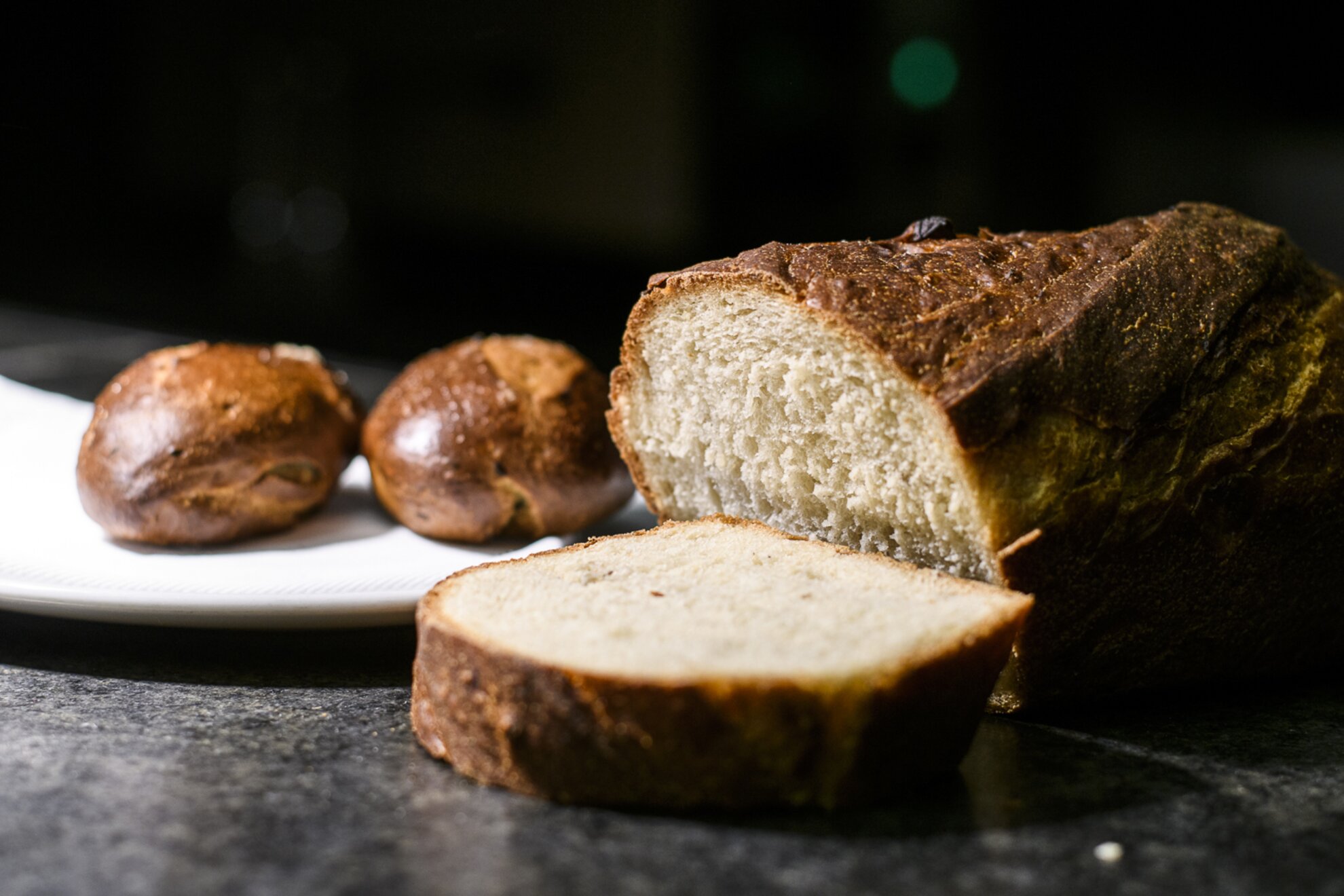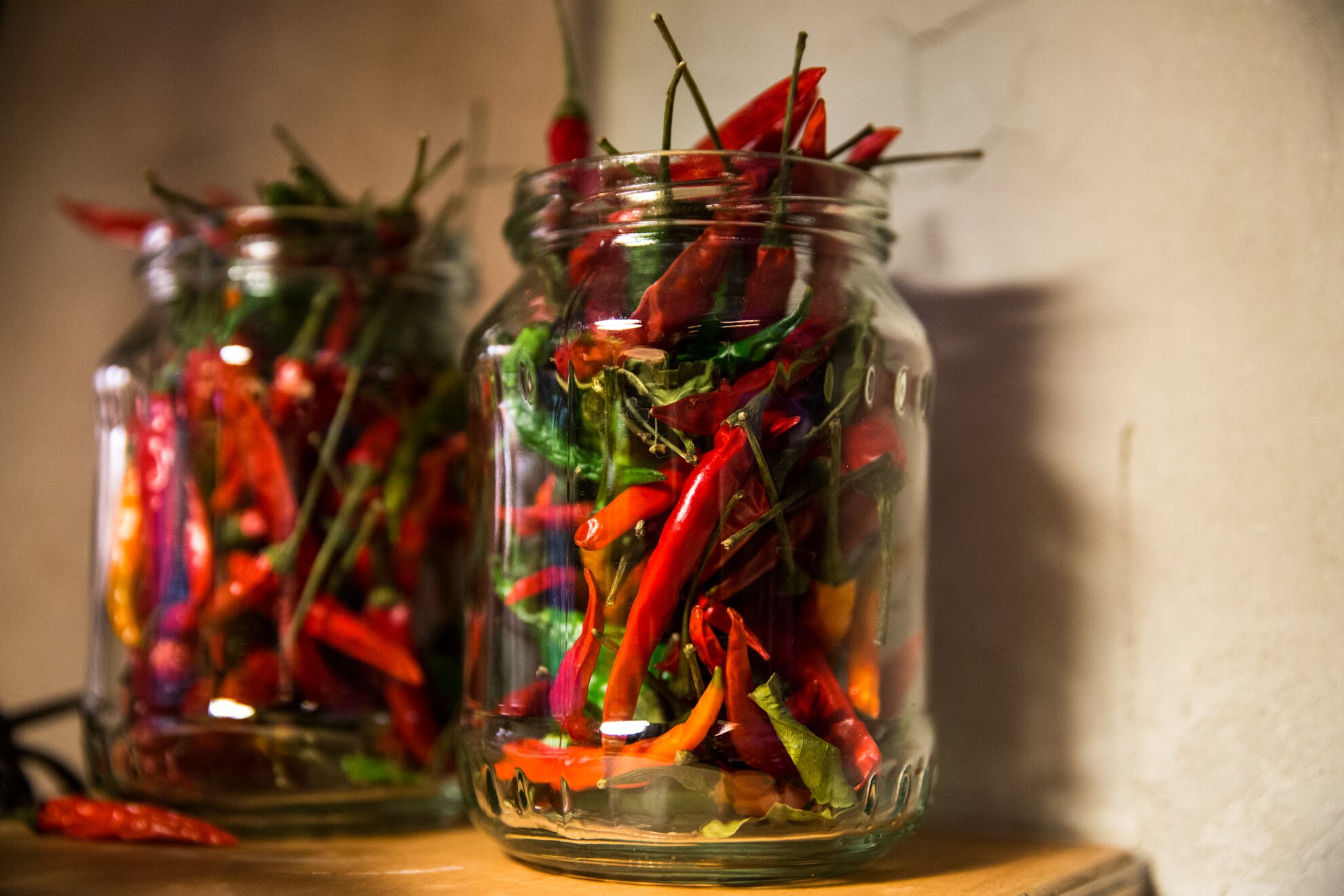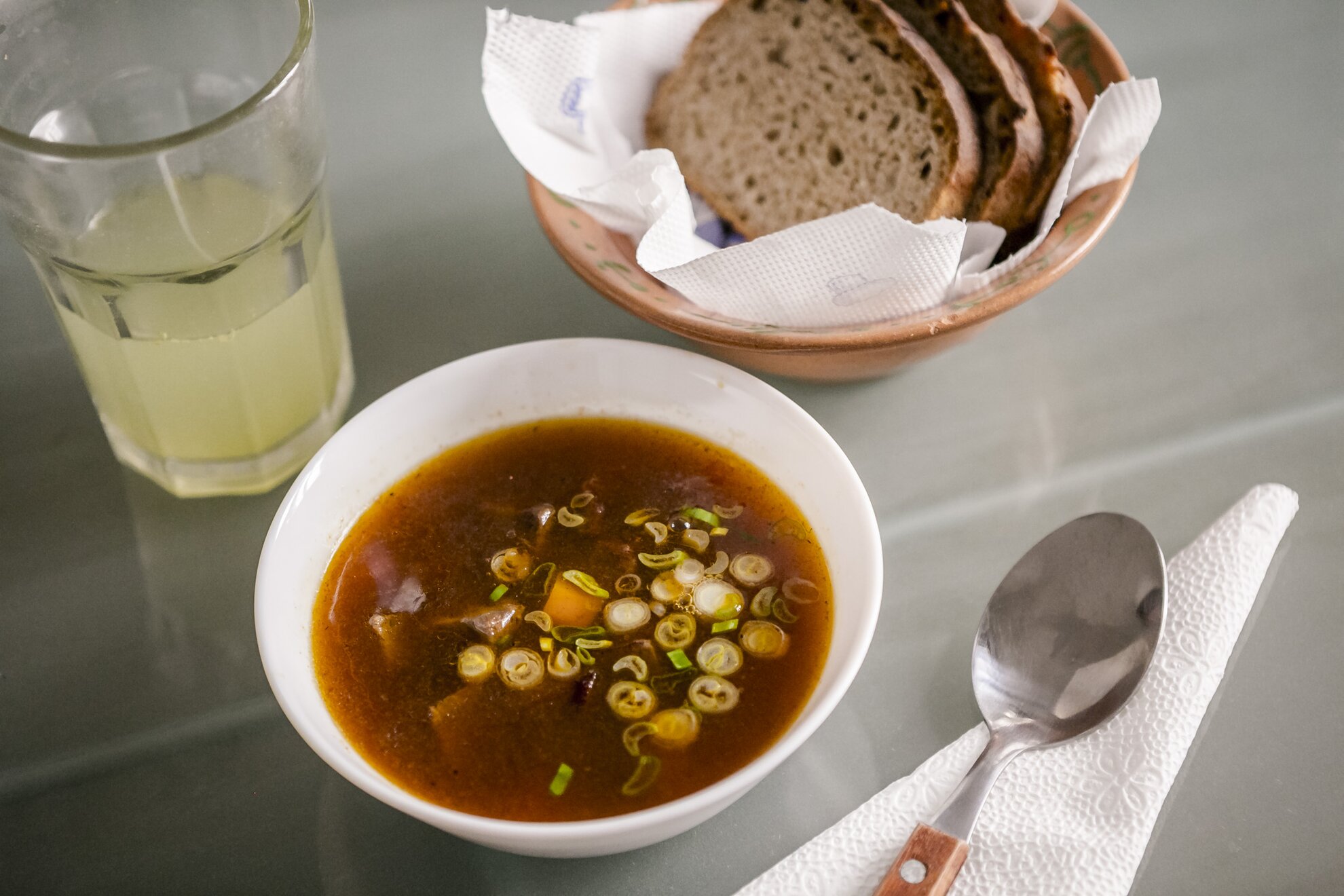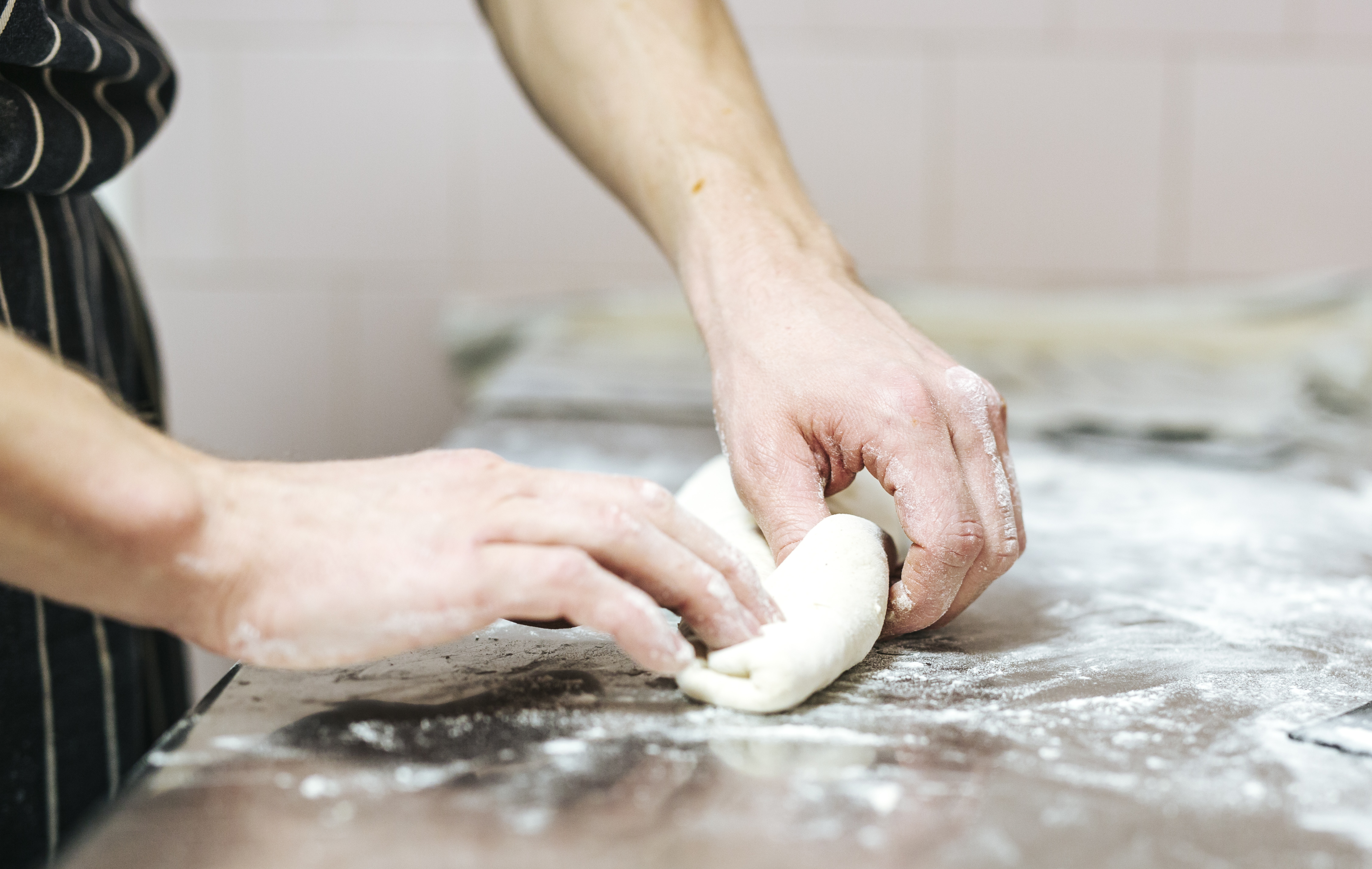The good news is that Budapest grocery stores are constantly being restocked, so there is no need to hoard supplies. But in order to minimise shopping trips, here are some ideas on which items you can buy now to keep for later, and what substitutions to keep in mind should your favourite items become temporarily unavailable.
PREPARATION ADVICE
If you feel better with a solid plan in place, consider making a weekly menu, says online food blooger LilaFüge. This is also a great opportunity to talk to your kids about sustainability, and not let anything go to waste. With everyone eating at home, make it a goal to cook once a day, and have cold foods or left-overs for other meals.
LilaFüge has a wide variety of quarantine kitchen recipes available. They are all in Hungarian, but pop any into Google Translate without difficulty.
Take a moment to look through your kitchen and see what you already have, as well, before heading to the store.
Involving your kids in cooking can be a great way to alleviate boredom, and teach some valuable life skills. Family members can all agree on recipes together and brainstorm ideas for future weeks. Delivery services are available from certain restaurants, while Wolt and NetPincer are still operating throughout the city, so don’t be overwhelmed if you’re not much of a chef.

CANNED FOOD
Canned beans, tomatoes and corn will weather any storm, but the Hungarian website StreetKitchen also recommends diversifying the larder with chickpeas, tuna, canned beef, and other non-perishables. Take this time to experiment with other canned items available, which may be grabbed less rapidly from the store shelves.
Along with canned beans, dried beans are an excellent option, and are usually available in larger quantities for cheaper. Soak dry beans overnight, or prepare in a pressure cooker.
PASTA, BREAD, RICE
This holy trinity is the quickest to be sought in supermarkets, but you don’t need kilos and kilos to keep you satisfied. So when the shelves are restocked, please only take what you need – not enough to supply a whole bunker. Consider also rice noodles, couscous, quinoa, lentils, tortillas and other alternatives if your favourites are gone.
Also note that breads, pastries, rice and pasta can all be stored in the freezer without any loss in quality.
SPICES
With a little bit of creative cooking, you can recreate almost any world cuisine in your home kitchens, so fleshing out your spice cabinet is a great idea in times of isolation. Curry powders, dried herbs, cumin and ready-made spice blends will all go a long way, as well as fish sauce for Asian food lovers.

VEGETABLES
If you’re worried about access to fresh vegetables, remember that you can always buy frozen bags of popular favourites – peas, broccoli, green beans, etc – but it’s just as easy to prepare some now and stick them in your freezer for later. Salad items like spinach can also be frozen, but then they should be used in cooking only, as the texture will change upon thawing.
Items such as onions, garlic, carrots and cabbage can all survive for a long time on their own, but storing them in the fridge will further extend their shelf life. Potatoes are the great long-laster in any pantry, although they will start to sprout if left long enough. (This does not effect their edibility – just cut off the offending sprouts and continue to prepare as normal.) Consider pickling other vegetables, like cucumbers, to have in your pantry.
SEEDS, NUTS
A great source of protein and energy, a small collection of seeds and nuts are always a good snack to have on hand. They contain many nutrients which are good for your immune system.
MEATS
Aside from fresh meat, which can be stored in the freezer for upcoming meals, the world of sausages and salami is your friend when you’re looking for something to feed you long-term. Throw a bit into your next recipe for some added flavour and substance.
BAKING
Flour and eggs are in high demand, but oats and alternative flour types like almond, besan (available at many Asian stores) and corn flour can all be substituted in traditional recipes. You can also look for milk powder, if you want to avoid buying liquid milk. If you’re struggling to find eggs for baking, look up vegan alternatives, like flaxseed, tofu, baking soda and vinegar, or banana.
For recipe ideas, see more of StreetKitchen’s posts, all in Hungarian.
The bottom line is that we all need to eat, and it’s smart to lessen your trips to the supermarket in order to keep a safe social distance from others, but it is equally important to buy responsibly. You don’t need ten kilos of every non-perishable, just enough to keep yourself and your family fed and healthy.





